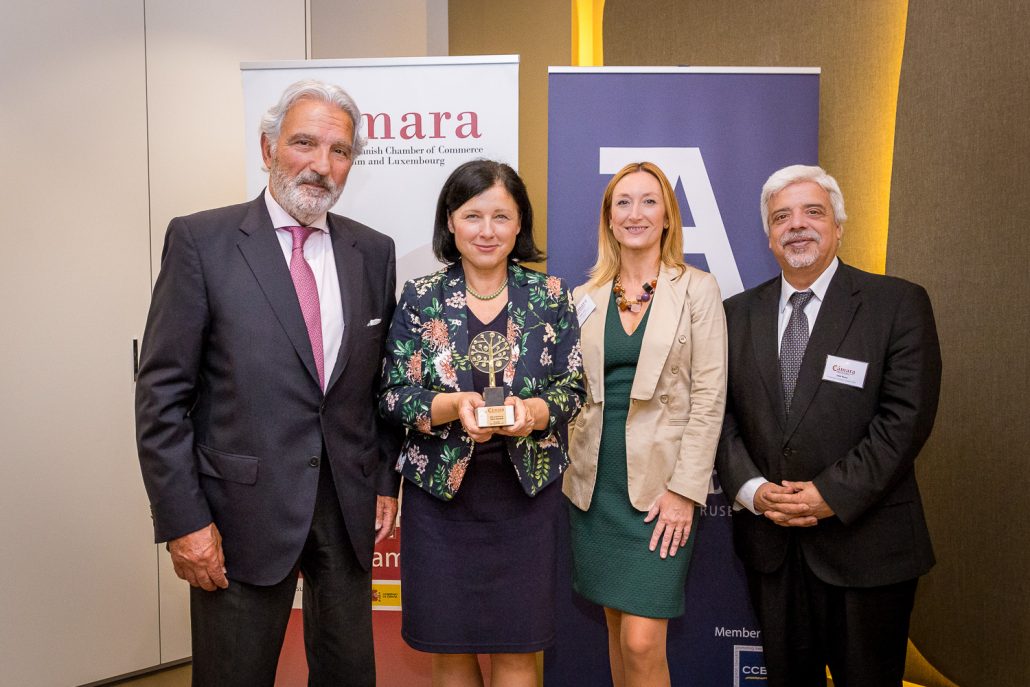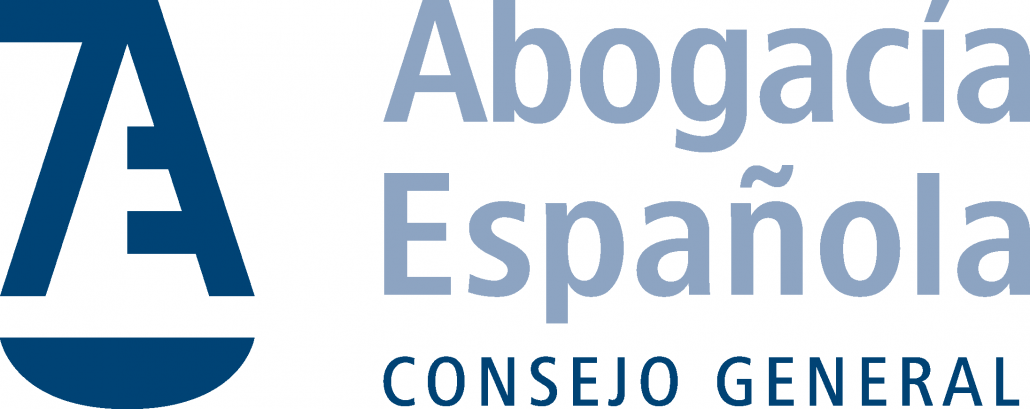Webinar on “Impact of Covid-19 on the Spain’s Real Estate Industry and on the value of assets”
On July 8th, the Official Spanish Chamber of Commerce in Belgium and Luxembourg, organized a webinar on “Impact of Covid-19 on the Spain’s Real Estate Industry and on the value of assets”, in collaboration with Gesvalt.
The event was organized within the framework of the Spanish Financial Forum (SFF), a Committee through which the Chamber aims to create a space for opinion and debate on economic and financial issues in Luxembourg where members can share experiences, establish collaborations and exchange information on trends in the sector.
The Vice-president of the Chamber and President of the SFF, Jose Luis Rodriguez Alvarez, highlighted the professional career of the speaker and appreciated her participation in the webinar.
Sandra Daza, General Director of Gesvalt, made a presentation about the effects of Covid-19 in the real estate sector in Spain, and the trends that can be expected. In her presentation she went into detail about which values have been more or less affected, the state of the hospitality sector, how the demand will evolve within the real estate sector, what changes we can expect in the price of assets, what will happen with prices when they return to normal and, consequently, the possible business opportunities.
During the question time, the participants could present their comments and questions on many interesting issues. Thus, various topics were discussed such as the situation of vacation real estate assets located on the coast in the face of declining tourism or what consequences the increase in eCom transactions we are experiencing today will have for the retail sector.
In collaboration with:

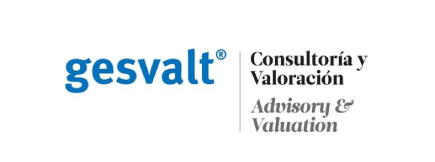
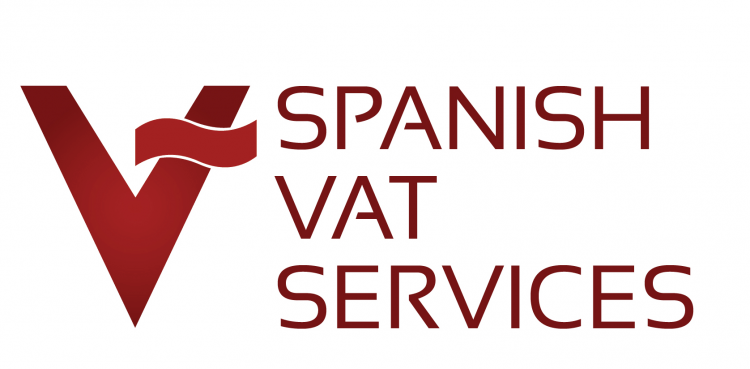

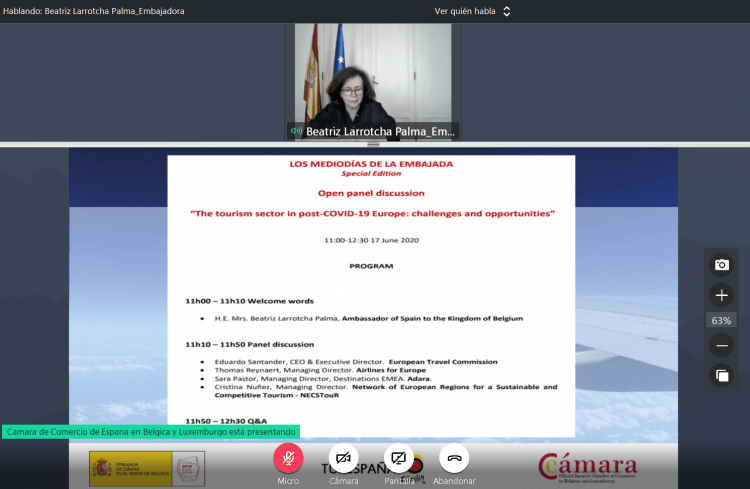
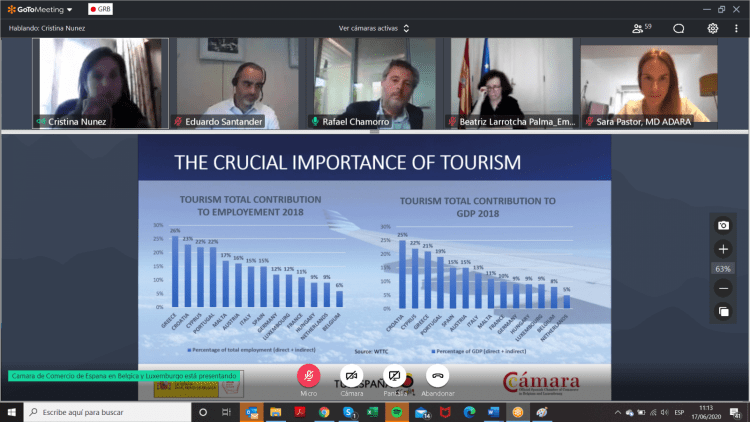
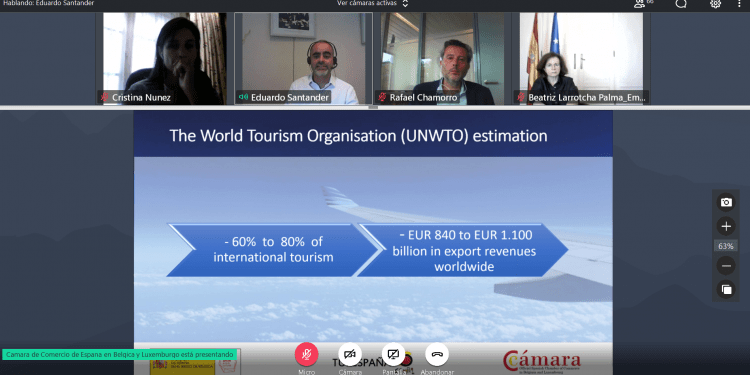
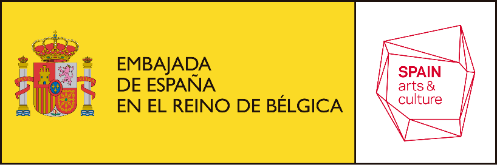


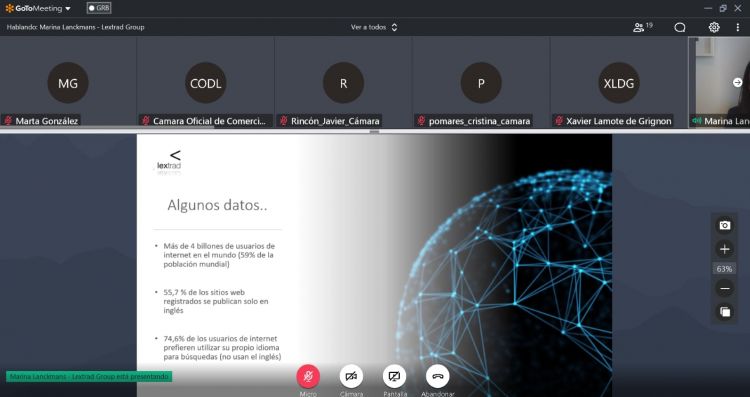


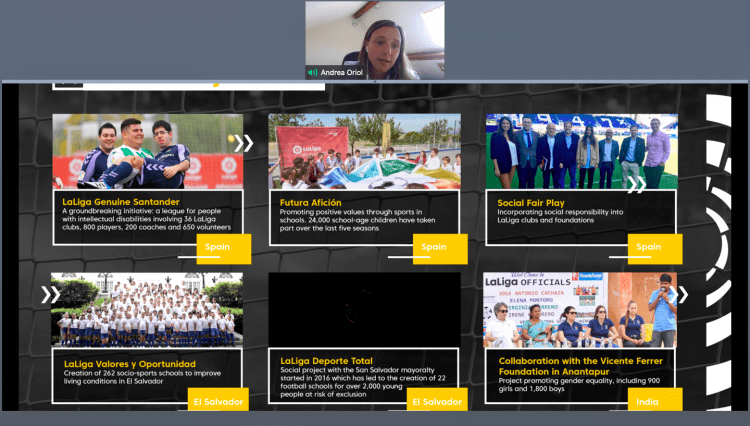

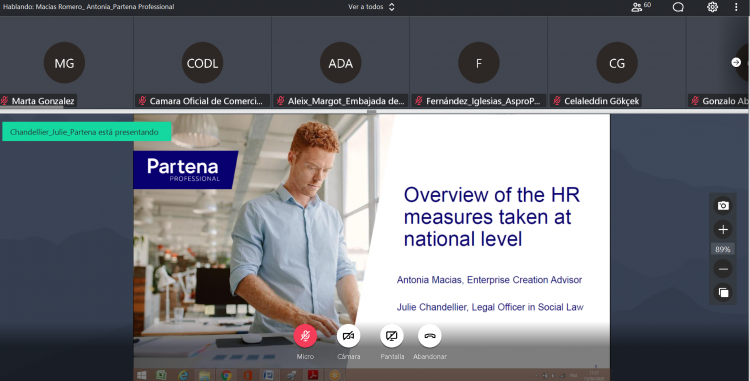
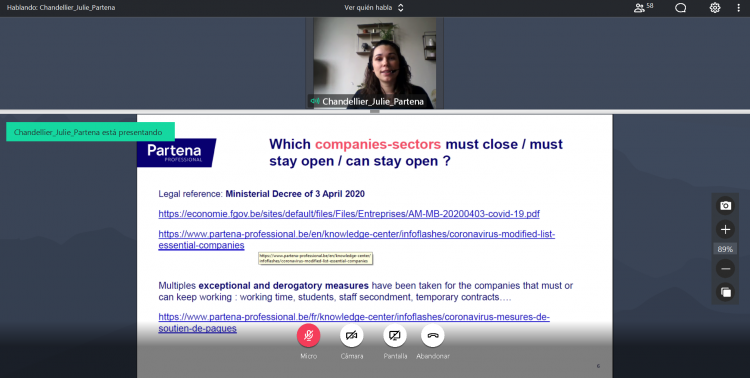
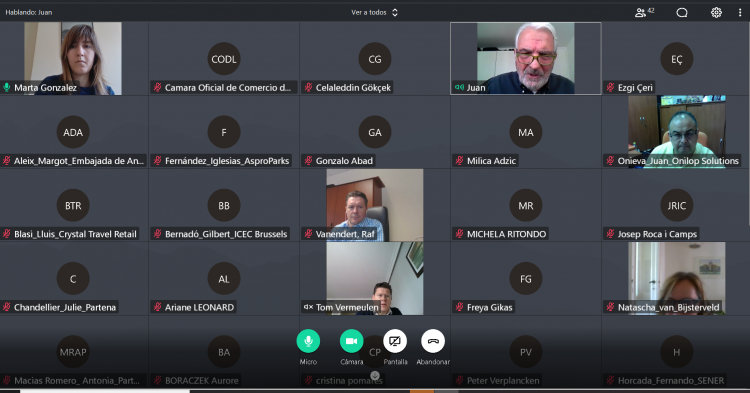
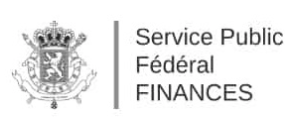
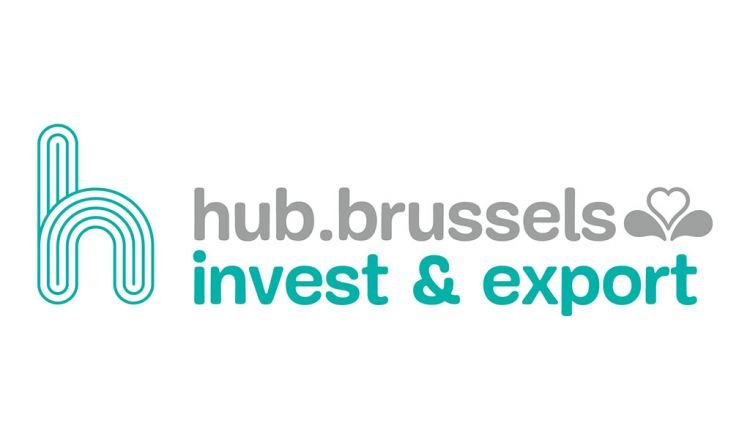
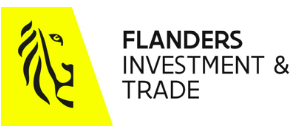
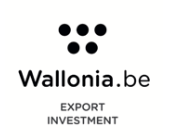
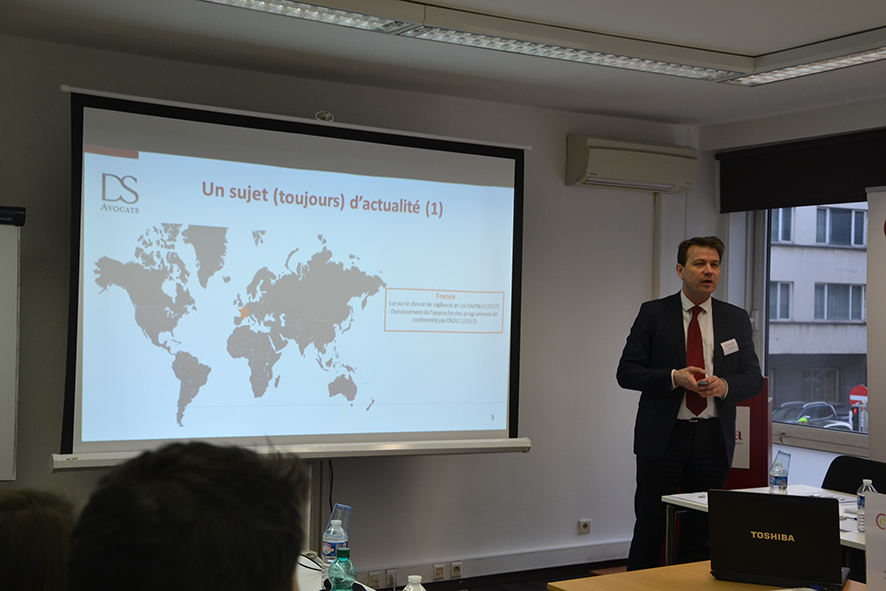

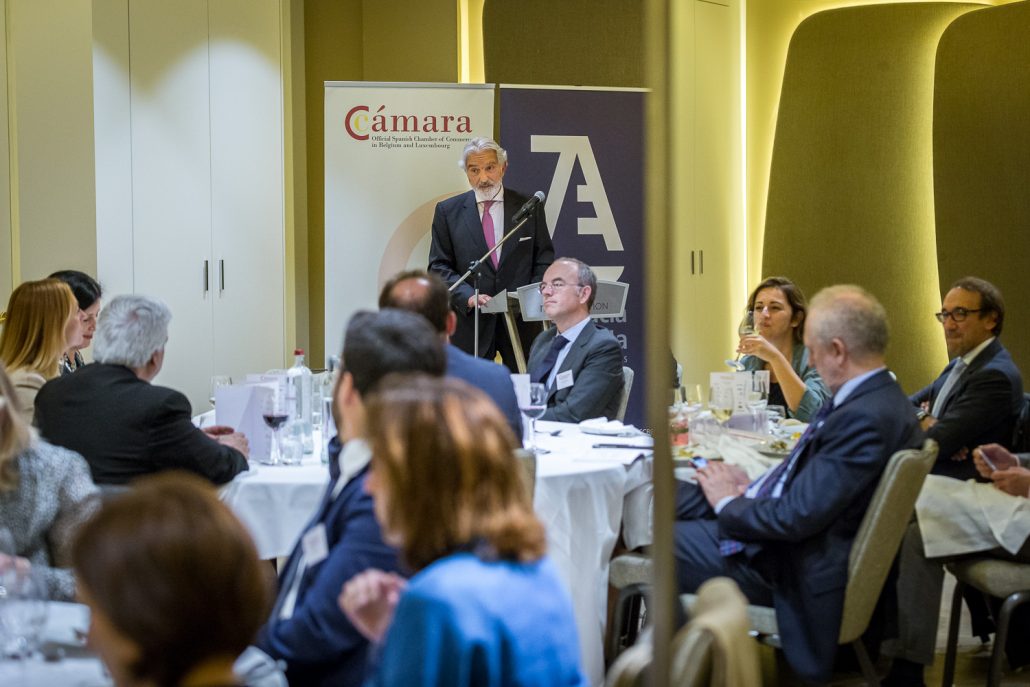 Juan Rodríguez-Villa Matons, President of the Chamber, said a welcome word, introduced the Commissioner, highlighting her professional career and thanked her for her collaboration with the luncheon-debate.
Juan Rodríguez-Villa Matons, President of the Chamber, said a welcome word, introduced the Commissioner, highlighting her professional career and thanked her for her collaboration with the luncheon-debate.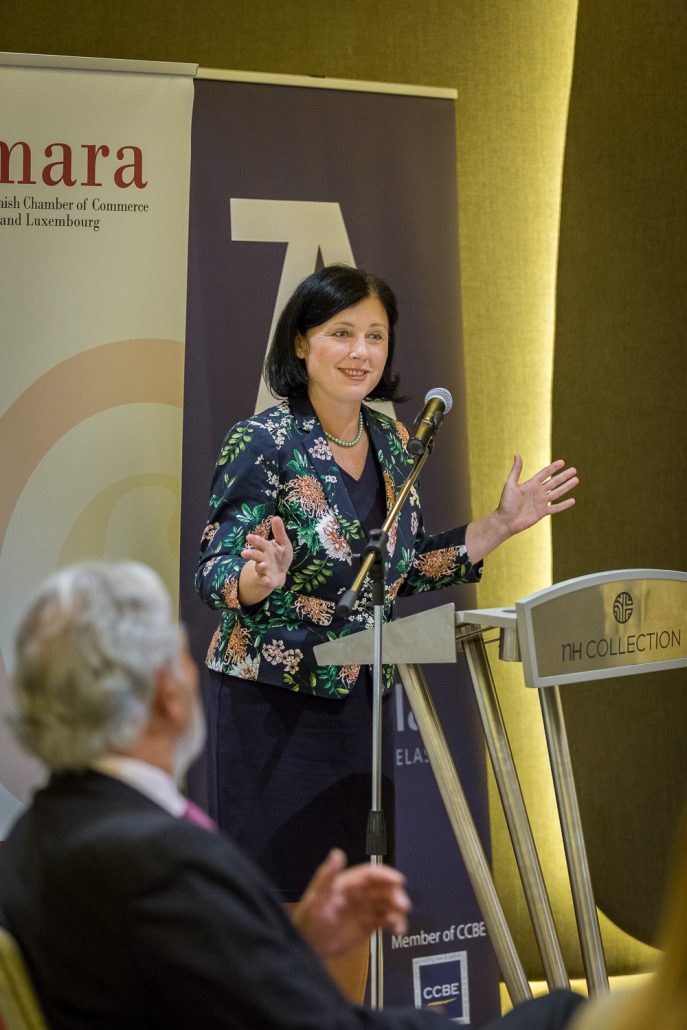 About data protection, she expressed the need of investing more money on new measures and tools that allow institutions to know what companies actually do with consumer’s personal data. On the other hand, she stressed the need of making a bigger effort on explaining the EU citizens about their new rights concerning data protection and privacy and how to use those rights.
About data protection, she expressed the need of investing more money on new measures and tools that allow institutions to know what companies actually do with consumer’s personal data. On the other hand, she stressed the need of making a bigger effort on explaining the EU citizens about their new rights concerning data protection and privacy and how to use those rights.